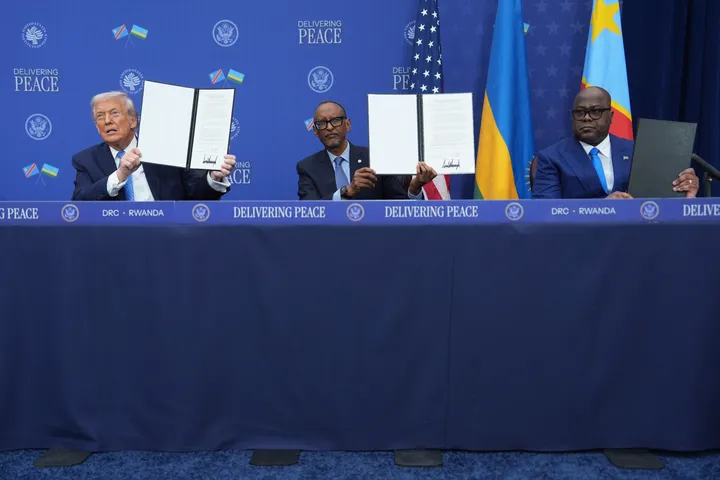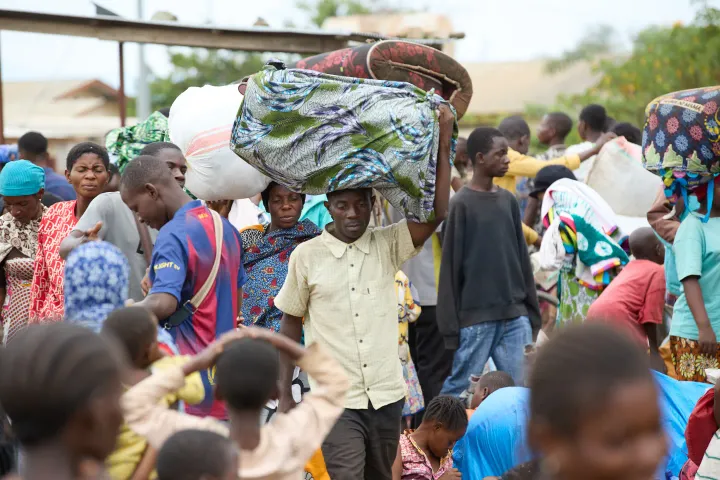By Brian Okoth
Nine hundred migrants have been intercepted and returned to Libya in the last one week.
The International Organization for Migration (IOM) says the repatriation occurred between May 28 and June 3, 2023.
IOM says Libyan authorities spotted the migrants in the Mediterranean Sea and intercepted them before they could cross into the European countries of Greece, Italy and Malta.
On May 29, the authorities retrieved bodies of two suspected migrants at Al Marj, northeastern Libya.
Eight hundred and thirteen (813) of the repatriated migrants were men, 38 were women and 19 were children. The gender statuses of 30 of the intercepted migrants were unknown.
The 900 migrants were found in different locations along the Mediterranean Sea line. The areas are Ej-dabia, Benghazi, Al Marj, Jabal al Akhdar, Toboruk, Sabratah, Zawiya, Tripoli, Zliten, Misrata and Sirte.
Between January 1 and June 3, 2023, a total of 6,684 migrants have been seized and returned to Libya, with a majority of them being men, IOM says.
Six hundred and fifty-one (651) migrants have died while attempting to move away from Libya over the same period, with the whereabouts of 332 remaining unknown.
In 2022, a total of 24,684 migrants were intercepted and returned to Libya, which was a lower number than those repatriated the previous year (32,425).
Five hundred and twenty-nine (529) migration-related deaths were recorded in 2022, while 662 were recorded in 2021.
Those missing in 2022 were 848, while in 2021 they were 891.
According to the United Nations Refugee Agency, Libya remains Africa’s main departure point to Europe for migrants seeking safety and opportunity.
“Those who do choose to make the dangerous journey across the Mediterranean are at risk of drowning, [being] turned away when they reach a port, or are intercepted at sea and sent back to Libya to be held in detention centres,” says the UN Refugee Agency.
Libya recently called for aid to manage the refugee crisis, saying it was taking a toll on government coffers.
Suleiman Al Harari, the head of the Interior Committee of the House of Representatives, said in April: “Libyan institutions concerned with migration issues have become incapable of providing food and medical aid to thousands of irregular migrants who arrive daily in Libya.”
Al Harari asked for the European Union to assist in rechannelling the seized migrants to a third country where their conditions would be addressed.
























